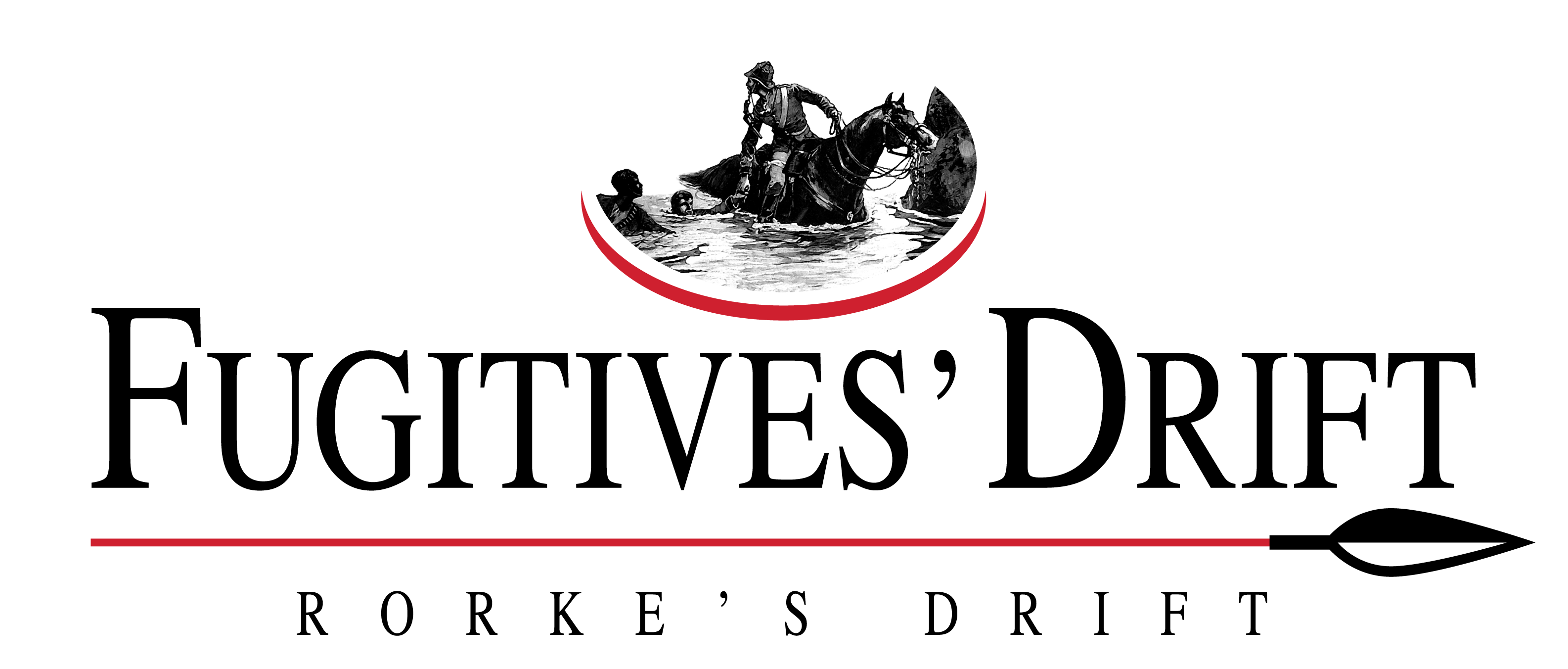
David Rattray was born in Johannesburg in 1958. He graduated with a BSc Honours degree in entomology from the University of Natal, Pietermaritzburg.
After a period managing game reserves and working with wildlife in Southern Africa David and his wife Nicky began building Fugitives’ Drift Lodge in 1989, since when they have hosted a constant stream of often distinguished visitors and from where these guests set out to visit the battlefields of Isandlwana and Rorke’s Drift.
In 1994 – the year of the first all party general election in South Africa, David started to lecture in the United Kingdom. This developed over the years and he had done thirty-five lectures at the Royal Geographical Society in London. The Royal Geographical Society awarded him their “Ness Award” in 1999, in recognition of widening the popular understanding of Zulu cultures in Southern Africa. David was a Fellow of the Royal Geographical Society.
A central theme in all these lectures was reconciliation – and how reconciliation can develop from conflict. David had lectured in America, Antarctica, Hong Kong and throughout Southern Africa and had been acclaimed by major British newspapers as one of the finest public speakers in the world.
Most of the lectures in the United Kingdom were in aid of charities, particularly for the Order of St John, The Army Benevolent Fund, The British Heart Foundation and the NW Cancer Research Fund.
In 1999 David assisted with the visit of the Royal Regiment of Wales to South Africa.This famous regiment (of which the 24th Regiment of Foot which fought at Isandlwana and Rorke’s Drift is part) came out to the Battlefields to commemorate the 120th anniversary of these battles. David lectured all these soldiers on both sites over a number of days and hosted the Regimental Dinner at Fugitives’ Drift. This visit was an enormous success and did much to further reconciliation and raise the profile
of this remarkable piece of history. It received much extensive coverage on BBC Wales and on the BBC1 news.
David gave two lectures in the Brecon Theatre to raise funds for the Regimental Museum in Brecon, which is important to the local tourism effort in Wales, and continues to preserve the most outstanding collection of medals, documents and memorabilia on this period.
David kept a watchful eye over Regimental interests on these battlefields and hoped that the considerable tourism to the battlefields would manifest itself in greater numbers of people visiting the museum in Brecon. Close ties were maintained with the regiment and the curator of this museum.
In February 2001 David gave the inaugural Laurens Van Der Post Memorial Lecture, hosted by His Royal Highness The Prince of Wales. The theme of this lecture was Laurens’ philosophy on reconciliation.
Later that year at a function held at Sotheby’s, David delivered a lecture: at this function over £100 000 was raised for education projects at Isandlwana.
David’s contribution to tourism in South Africa was recognised in London at the Tatler Travel Award 2002 Ceremony. He was awarded the Tatler/Gordon Campbell Gray award for “Vision in Tourism”.
He published a book, “Guide to the Anglo Zulu War” and had recently completed a new book, A Soldier Artist in Zululand.
David had an abiding interest in conservation. The Rattray property is a registered Natural Heritage Site. He was a trustee of the WWF, South Africa. He was a trustee of the John Voelcker Bird Book Fund which produces some of the finest ornithological books in the world. He was a trustee of the Magqubu Ntombela Foundation which amongst other activities ensures that the historical contribution by Zulu people to conservation in South Africa will not be forgotten.
He was a trustee of the Siyazisiza Trust which is the largest NGO of its kind in KwaZulu Natal and assists tens of thousands of impoverished people in KwaZulu Natal in the production of craft, vegetables etc. This craft making expertise was recently given an enormous profile in London when at a function, also at Sotheby’s David gave an address, sharing the platform with the South African High Commissioner and the National Minister of Arts, Culture and Technology.
In 2002 he was asked to be a patron of the British based Wilderness Trust.
David lectured prolifically, particularly to groups of people who wish to develop some insight into the complexity of South Africa’s story. He was extremely optimistic about South Africa’s future and made every effort to convince people from all over the world that South Africa is a remarkable country which, at the edge of the abyss, managed to pluck hope from hopelessness.
